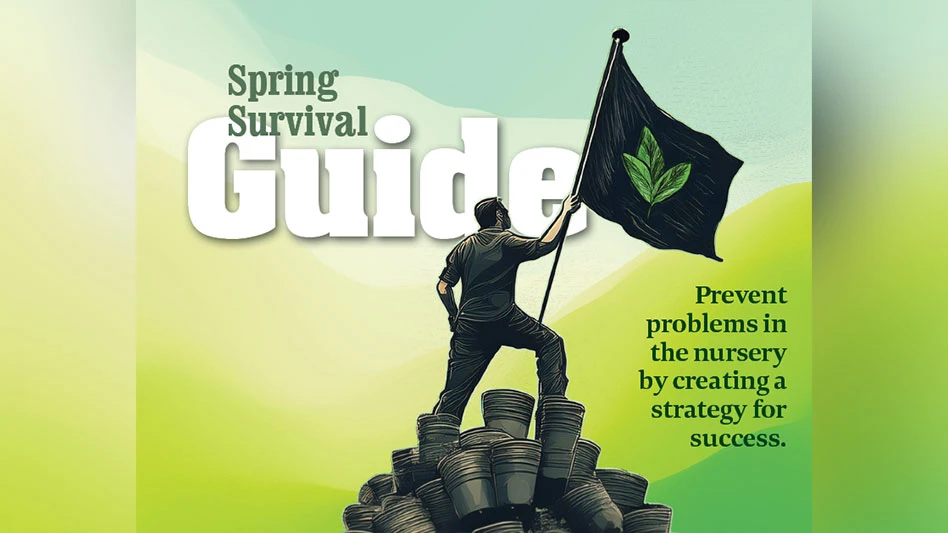

We’d like to assume others hear us when we speak. Sadly, though, most leaders are ineffective communicators (at least at times). And even when listeners realize they’re not “getting” what we’re saying, they seldom ask for clarification. All this murkiness adds up to confusion and missed opportunities.
There’s always a price to pay for unclear, imprecise, muddled communication.
Prospects are unmoved by your sales pitch, and you lose potential customers. Employees misunderstand their performance reviews and don’t improve. The big project you’re heading up falls flat.
These serious problems can easily be solved. And usually, it involves saying less, not more. Being able to deliver clear, concise messages that land, resonate and inspire is a crucial leadership skill.
Talking actually obscures the meaning of what we say. It’s a common form of “noise,” the many forms of information overload we experience daily. (Think endless meetings; long, confusing work emails; and the onslaught of texts, social media alerts and never-ending newsfeeds that erode our attention span and addict us to our devices.)
Here are six tactics that will help you banish all that extra language and convey clear, concise messages.
Beware of TMI (too much information) and TMP (too many people). The more critical your message, the more concise it must be. A longwindedmessage given to a room full of people dilutes your message and decreases its urgency. It also eliminates ownership of follow-up items. It’s far better to hold a series of short meetings, each focusing on a single topic. Include only those who need to understand that single topic.
KISS: Keep it super simple. Yes, you could produce a 50- or 60 -slide PowerPoint presentation and feel good about your message. But you will be far more impactful if you whittle your message down to its core and present five to eight memorable slides. This is effective because it forces you to understand what you are communicating and then relay only the bare essentials.
If you notice yourself saying something needlessly complex, just add ‘in other words’ and rephrase it using more ordinary words. What comes out is much simpler and clearer — it’s what you were actually trying to say.
Stick to a single message and repeat it liberally. In marketing, the “Rule of Seven” says that a prospect needs to see or hear your marketing message at least seven times before they act. The rule isn’t written in stone, but the concept remains: Reinforce your message by repeating it.
Cut the jargon. People treat these flashy words and phrases as noise. When people use “corporate speak,” they’re trying to project knowledge and authority, but really, they’re training others to ignore them. Instead of filling your presentations with the “empty calories” of jargon, deliver a clear message with real meaning.
Follow the Napoleon principle. Derek Wheeler, chief of staff at Cincinnati Children’s Hospital Medical Center, explains that French Emperor Napoleon Bonaparte would communicate a battle plan to his military personnel. After the generals left the room, Napoleon asked a corporal (one of the lowest ranked people in the room) if he understood the battle plan. If the corporal was unable to explain the plan, Napoleon scrapped it and started over. The takeaway: Make sure at least one listener (preferably all of them) understands what you’re trying to communicate.
Use “headlining” to get your message across up front. Whether you’re giving a presentation or sending out an email, lead with your most important idea first. This avoids people’s tendency to bury the point or miss it entirely. It gets people’s attention right away and can help them keep the remainder of your message in the appropriate context.
When your story is clear and easy to follow, your plan can be executed the right way the first time. Imagine not only the impact that this will have on your job performance and your work relationships, but on your entire life. When the people around you can quickly understand what you want and need, it makes all of your relationships stronger and better.

Joseph McCormack is the author of “NOISE: Living and Leading When Nobody Can Focus.” He is passionate about helping people gain clarity when there is so much competing for our attention. www.noisethebook.com

Explore the April 2020 Issue
Check out more from this issue and find your next story to read.
Latest from Nursery Management
- Dümmen Orange North America celebrating 25th anniversary in 2025
- Redesigning women
- Illinois Landscape Contractors Association changes name to Landscape Illinois
- 2025 Proven Winners Horticulture Scholarship applications now open
- ICL’s Gemini Granular herbicide now registered for use in California
- Eurazeo Planetary Boundaries Fund acquires Bioline AgroSciences
- The Leading Women of Horticulture
- Leading Women of Horticulture: Dana Massey, Plantworks Nursery







